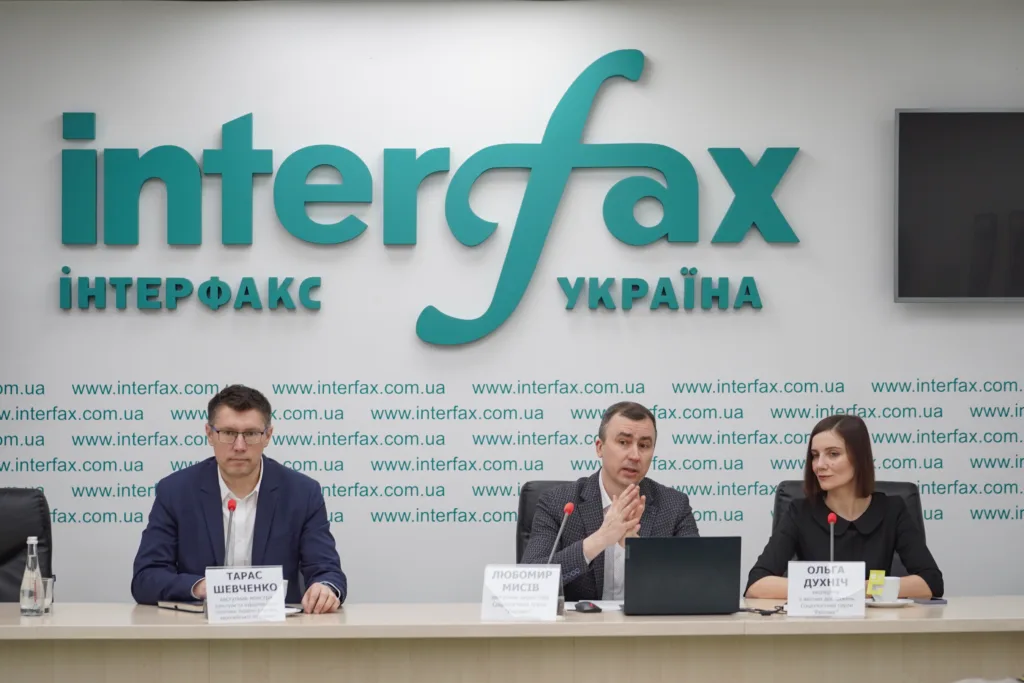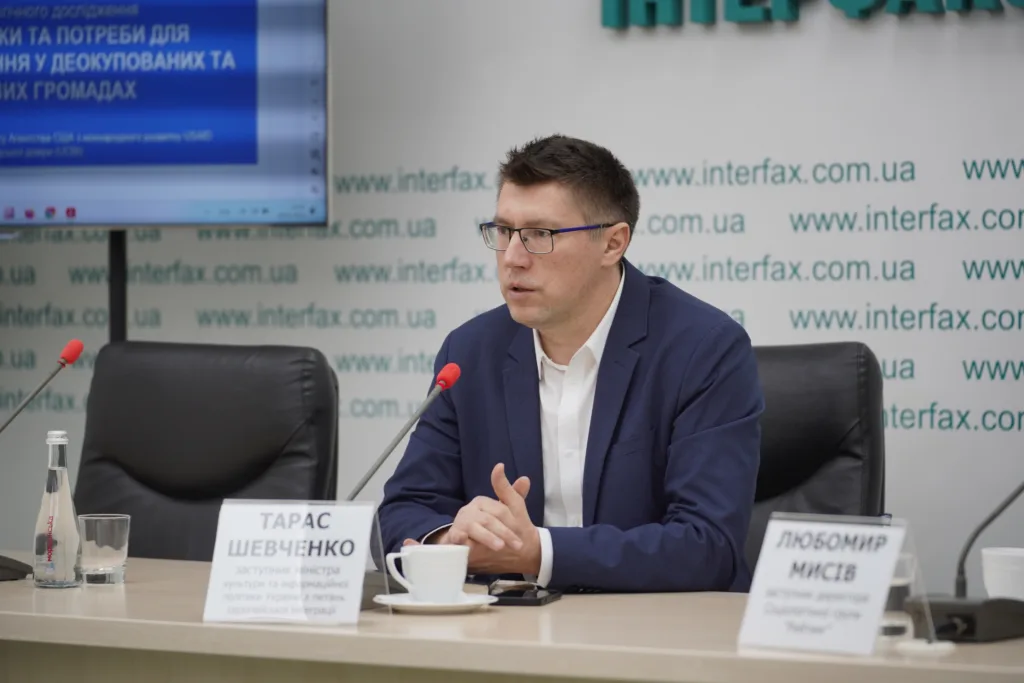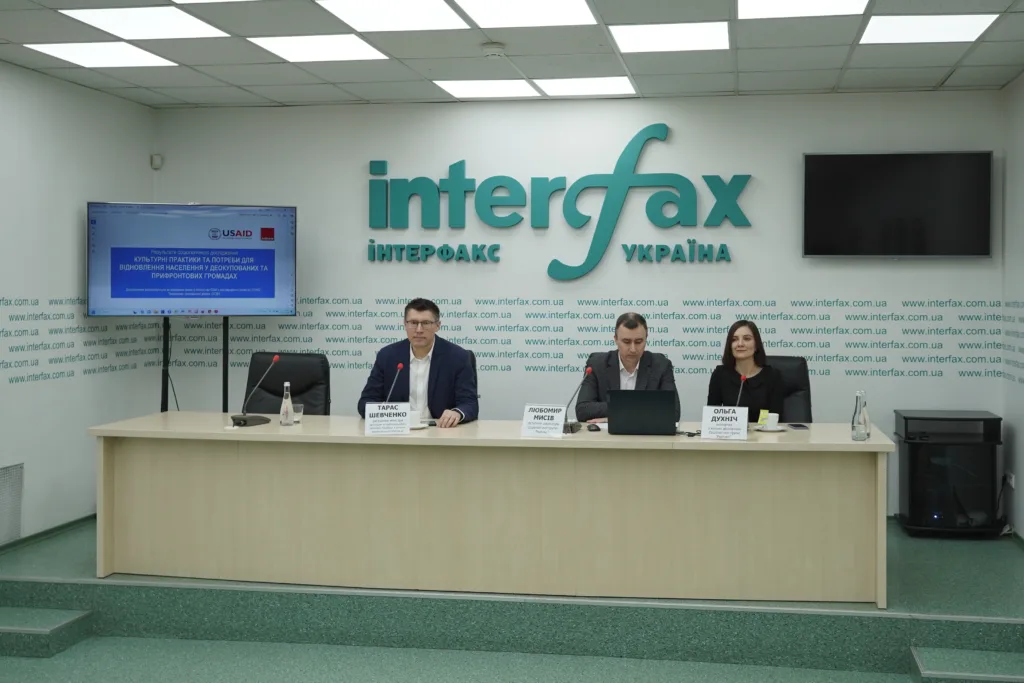Cultural practices and needs for population recovery in deoccupied and frontline communities
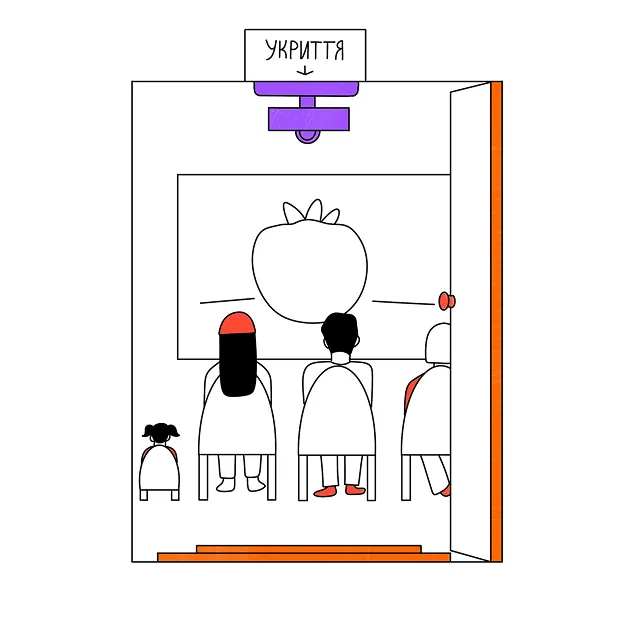
From challenge to solution
"Our culture has changed, completely changed; our songs have changed, our philosophy has changed. Everything is different; we have become different. We now care more about our country, we are Ukrainians, we are Ukrainians in spirit. We must be strong, our culture must develop on our side" – Respondent, Kherson region
“The value of time has emerged. Because you don't know how much time you have left and you want to do what you have been putting off” – Respondent, Chernihiv region
In the summer of 2025, analysts at Rating Group saw the new state Strategy for the Development of Culture in Ukraine and smiled. Some of the points were quite familiar.
We embarked on this research in 2023 and had no idea how often we would refer to it. At that time, the Ministry of Culture, with the support of USAID's Strengthening Public Trust (UCBI) project, wanted to understand what was happening in the cultural life of de-occupied and frontline communities. But there was also a practical need to develop a strategy to support Ukrainian identity based on real data about the cultural sphere.
Researching cultural practices is always a challenge. After all, it is a large-scale phenomenon, it lives in millions of people and manifests itself in thousands of ways. Therefore, Rating Group did not choose between quantitative or qualitative methods — we chose the synergy of statistics and depth.
Methodology
Rating Group chose combined tools, i.e., a combination of quantitative and qualitative methods.
First, we surveyed more than 3,000 residents of frontline regions (Chernihiv, Sumy, Kharkiv, Dnipropetrovsk, Zaporizhzhia, Odesa, Mykolaiv, and Kherson).
This required the classic method of personal interviewing (CAPI). It is people-centered and helpful when it is necessary to show the general situation in communities.
Next, we conducted 24 focus groups with young people aged 16-24 and the adult population of the target regions. This is how Rating Group learned about the shared experiences of community residents and the range of opinions about cultural life.
To conduct a competent cultural policy, it is important to hear from different stakeholders. Therefore, we conducted 120 in-depth interviews with local government officials and cultural managers, representatives of active civil society, business owners, mothers with children under 6 years of age, demobilized military personnel, and representatives of other categories.
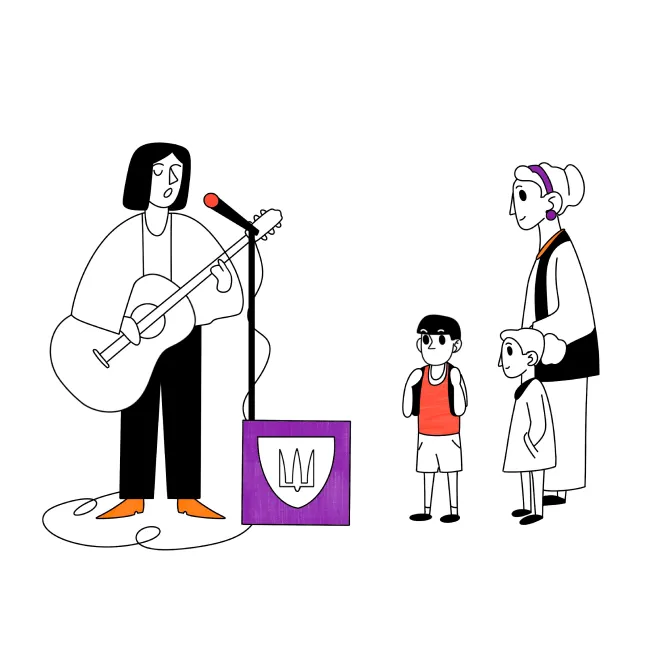
Insights: How does culture survive during wartime?
The war has greatly complicated cultural life in frontline communities, with fewer cultural services and events now available.
People realize that safety is the highest priority. They are willing to wait for the full restoration of infrastructure, damaged cultural sites, etc.
But this does not mean that cultural life has stopped. Cultural infrastructure is a valuable asset for communities: it is gradually being restored and adapted. There is a demand for shelters where events can be held.
Offline interaction, shared leisure activities, cultural practices, and communication are extremely important. Especially so that children have such opportunities.
Cultural infrastructure is also an important factor in uniting communities and supporting regional and national identity.
Patriotic events are often held, including meetings with the Armed Forces of Ukraine, etc. For respondents, this is a compelling reason to get involved.
Impact for the Ministry of Culture
The research data is a resource for evidence-based public policy in the field of culture.
Understanding the diversity of experiences of de-occupied/frontline communities.
A vision of how the private and public sectors can work together to restore cultural infrastructure.
An opportunity to hear from various stakeholders: the public, military families, cultural managers, local authorities, etc.
In March 2025, the government approved a new Strategy for the Development of Culture in Ukraine for the period up to 2030 and an operational plan for the coming years. Many of the points are in line with the research findings.
Presentation of the study in collaboration with the Ministry of Culture
The results of the study “Cultural Practices and Needs for the Recovery of the Population in Deoccupied and Frontline Communities” were presented on January 29, 2024, at the Interfax-Ukraine press center. The speakers from Rating Group were Deputy Director Lyubomyr Mysiv and qualitative research expert Olga Dukhnych. Taras Shevchenko, Deputy Minister of Culture and Information Policy of Ukraine for European Integration, spoke on behalf of the Ministry of Culture.
The video recording can be viewed at the link.

